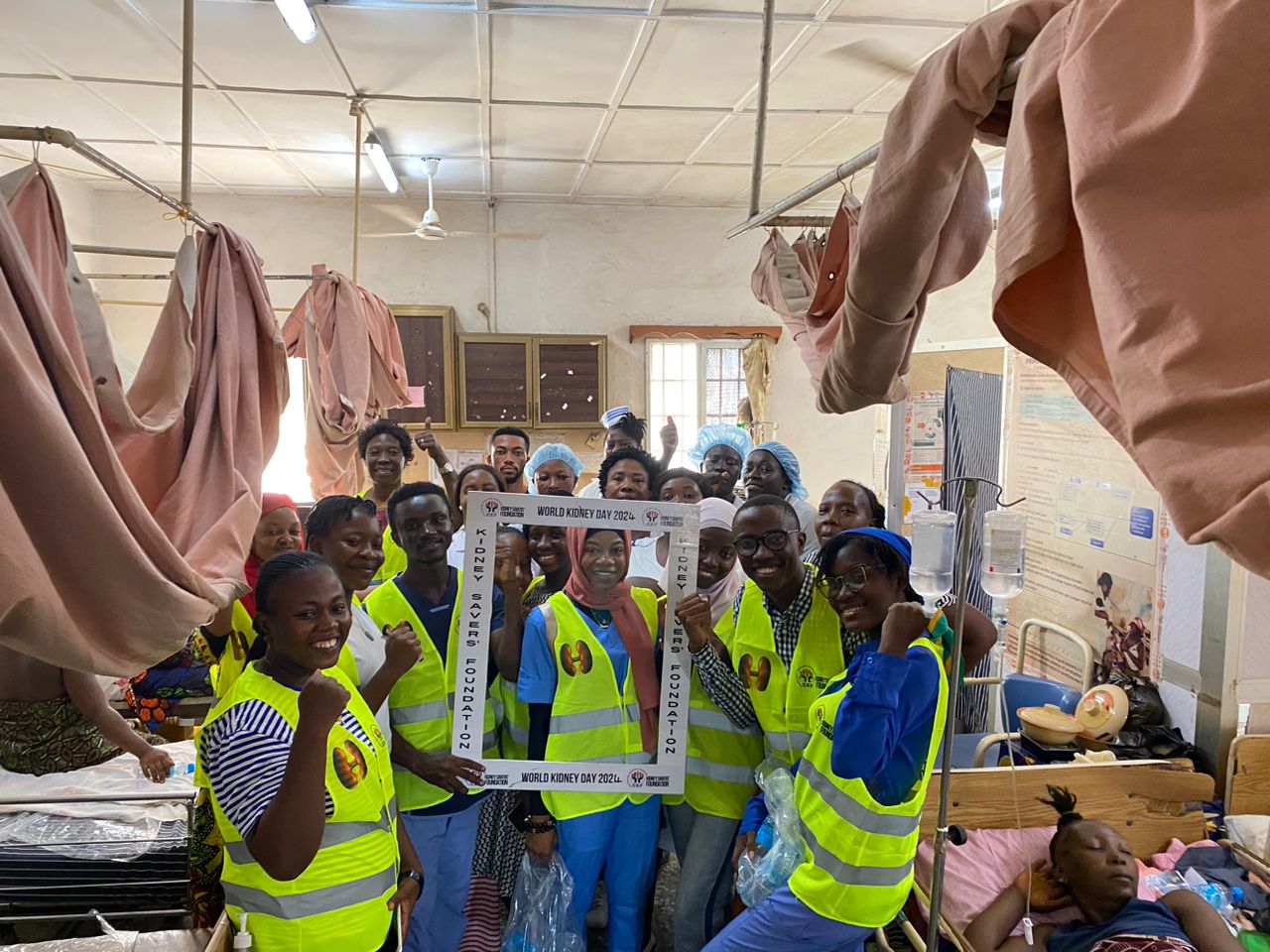According to a research, 70% of children with chronic kidney disease develop End Stage Renal Disease (ESRD) by age 20 years. Children with ESRD have a 10-year survival rate of about 80% and an age-specific mortality rate of about 30 times than that seen in children without ESRD.
Early kidney disease shows in few children, if their be any sign. Some children show mild puffiness around the eyes and face, or have foamy urine. As the disease progresses, there may be swelling of the eyes and feet, nausea and vomiting, fatigue and loss of appetite, and blood or protein in the urine.
Kidney disease in children can be caused by:
1 Birth defects
2 Hereditary diseases
3 Infection
4 Nephrotic syndrome
5 Systemic diseases
6 Trauma
7 Urine blockage or reflux
Birth defects of abnormal urinary tract development, cause nearly 60% of childhood CKD cases globally. A birth defect occurs when part of a baby’s body does not develop normally when the baby is in the womb, or uterus.
Examples of birth defects that may lead to kidney disease include:
Renal agenesis or kidney agenesis; when a baby is born missing one or both kidneys
Kidney dysplasia; when parts of one or both kidneys don’t develop normally while a baby is developing in the womb
Renal hypoplasia: when a baby is born with one or both kidneys that are smaller and have fewer nephrons than normal
Kidney disease can also affect children’s lives in other ways, causing problems related to behavior, relationships, and self-esteem. Children with CKD may have difficulty concentrating and learning, and may develop language and motor skills more slowly than their peers. All these may cause low productivity of their youth, if not managed earlier in their childhood.
The Child Health and Survival Initiative
The child health and survival Initiative is one the focus on;
- Awareness on pregnancy preparedness on nutritional needs for healthy pregnancy.
- Doing ANC Awareness raising to pregnant women on essential diet for pregnancy and food/ drugs to avoid during pregnancy for a health baby.
- providing parents or guardians with knowledge and skills on how to care for a child with kidney disease.
- Financially supporting children with kidney diseases on their education, medication and treatment through support from donors.
- A follow-up project/research on children with congenital kidney abnormalities. This will help bring new findings on treatment modalities in the kidney healthcare landscape.


